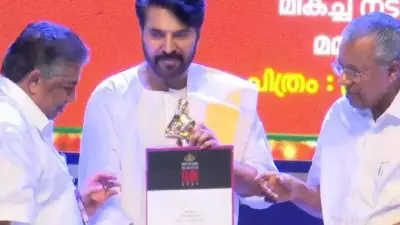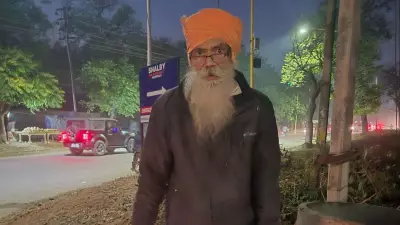
A recent episode of The Kapil Sharma Show has stirred significant controversy in the entertainment industry, following remarks made by actor Parmeet Sethi about acclaimed director SS Rajamouli.
During the show's filming, Sethi attempted humor by referring to the RRR director as "a mooli from the south who has become very famous," using the Hindi word for radish in what appeared to be a playful jab. The comment, however, didn't land well with audiences or fellow cast members.
Archana Puran Singh's Immediate Response
Archana Puran Singh, who serves as the permanent judge on the comedy show, quickly recognized the potential offense in Sethi's remark. In a moment that's now going viral, she directly addressed Rajamouli through the camera, saying "I am sorry" multiple times.
Her apology extended beyond the immediate moment, as she continued: "If you are watching, I am really sorry. We are really sorry." This swift damage control highlighted the sensitivity required when discussing regional identities in India's diverse entertainment landscape.
The Growing Backlash
Social media platforms have been buzzing with reactions to the incident, with many viewers expressing disappointment at what they perceived as:
- Disrespect toward South Indian cinema
- Undermining Rajamouli's global achievements
- Regional insensitivity in mainstream entertainment
The timing is particularly sensitive given Rajamouli's recent international success with RRR, which won an Academy Award for Best Original Song and brought unprecedented global recognition to Indian cinema.
Broader Context: North-South Dynamics in Indian Cinema
This incident occurs against the backdrop of ongoing discussions about the representation and respect between different regional film industries in India. While Bollywood has traditionally dominated national entertainment discourse, the massive success of South Indian films like RRR, KGF, and Baahubali has shifted the dynamics significantly.
Rajamouli himself has become a symbol of this changing landscape, with his films achieving both critical acclaim and commercial success on a global scale that few Indian directors have matched.
As the entertainment industry continues to evolve toward greater collaboration and mutual respect between regional cinemas, incidents like this highlight the importance of cultural sensitivity in public discourse.





